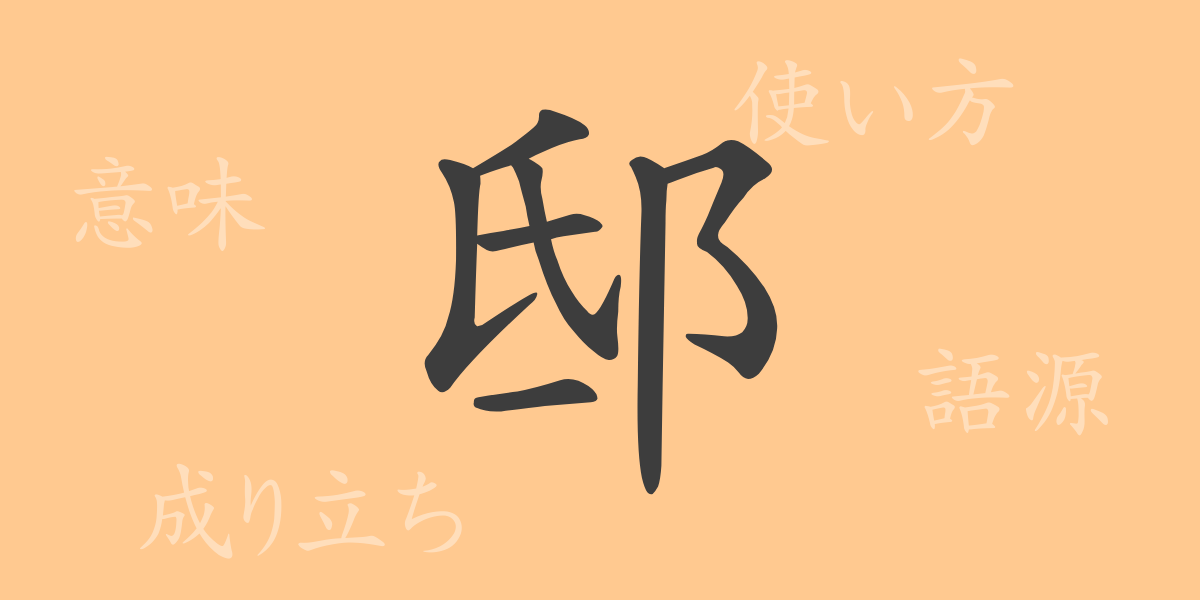The history and culture embedded in each Kanji character reveal the depths of the language it belongs to. ‘邸(てい)’, a commonly used Kanji in Japanese, is no exception. This article explores the origins, meanings, and contemporary usage of ‘邸’, as well as expressions involving this character. Join us in exploring the world of ‘邸’, encompassing everything from mansions to luxurious residences that blend seamlessly into our surroundings.
Origins of ‘邸(てい)’
The Kanji ‘邸’ originated in ancient China, initially associated with dwellings. It was used to denote the homes of high-ranking officials and nobility. The character combines ‘宀’ (うかんむり), representing a large roof, with ‘正’, reflecting columns supporting it, symbolizing power and wealth. Over time, ‘邸’ evolved to predominantly denote not just any home but specifically opulent and luxurious ones.
Meaning and Usage of ‘邸(てい)’
In modern Japanese, ‘邸’ is primarily used to describe grand and impressive residences, typically indicating a home of higher status and formality. For example, it is used in phrases like ‘山田邸(やまだてい)にお招きされた’ (invited to the Yamada residence), where it also conveys respect. Additionally, ‘邸’ appears in company and brand names to suggest sophistication and high standing.
Readings, Stroke Count, and Radical of ‘邸(てい)’
Understanding the readings and structure of ‘邸’ can deepen our grasp of its meanings:
- Readings: On’yomi is ‘テイ’, and there is no specific Kun’yomi.
- Stroke Count: ‘邸’ comprises 12 strokes.
- Radical: The radical is ‘邑(むらがまえ)’, related to places and settlements.
Phrases, Idioms, and Proverbs Using ‘邸(てい)’
Several idioms and phrases incorporate ‘邸’, each highlighting its connotations of luxury and exclusivity:
- 豪邸(ごうてい): A splendid and impressive home.
- 私邸(してい): A private residence.
- 官邸(かんてい): An official residence used by government officials.
- 別邸(べってい): A secondary residence apart from the main home.
These terms emphasize the nuance of luxury and special dwelling that ‘邸’ embodies, reflecting the importance of housing in Japanese culture and society.
Conclusion on ‘邸(てい)’
The Kanji ‘邸’ transcends mere buildings, symbolizing specific statuses and luxury in Japanese. With its rich historical and cultural background, ‘邸’ speaks volumes through language. It is used not only to describe residences but also in contexts that express respect and reverence, embodying the beauty and complexity of the Japanese language.

























